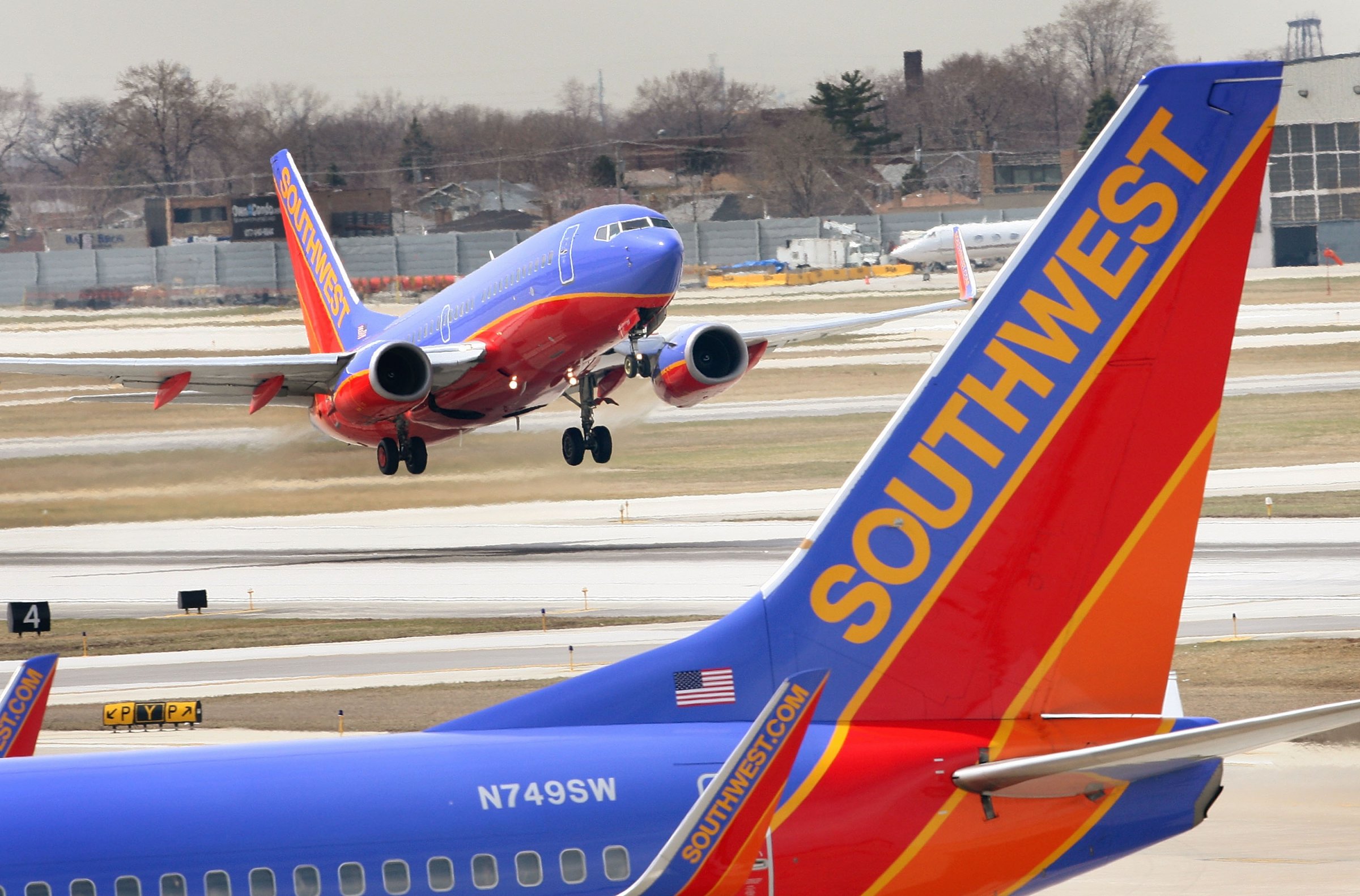
Something remarkable happened in the aviation business in 2015: Not a single passenger died in a jetliner accident.
That figure, from global airline trade group IATA, carries important caveats. It doesn’t include the 150 passengers and crew lost aboard Germanwings Flight 9525, which was deliberately crashed by a suicidal pilot. Also missing: Metrojet Flight 9268, brought down by an act of terrorism that claimed 224 lives. TransAsia 235’s 43 fatalities are likewise absent because the aircraft involved was a turboprop, not a jetliner. (2015 saw three other fatal turboprop incidents.)
Still, the yearlong absence of fatal jetliner accidents marks a milestone for the aviation industry. Tragedies like Germanwings Flight 9525 notwithstanding, it’s become safer than ever to travel by air. Both the overall number of accidents (68) and the fraction of those accidents that resulted in fatalities (6%) were down from their five-year average in 2015, the IATA says.
At the same time—and despite improved safety statistics—airline passengers appeared to be grumpier than ever. In the U.S., flyer complaints were up nearly 30% in 2015 compared to the previous year, according to the Transportation Department. Gripes range from frustration over delays to alleged mistreatment of handicapped passengers. Many consumers feel that airlines are charging more and offering less. (In reality, this impression is only partially true: fares are up in the short-term but significantly down over the last several decades, making flying more accessible. Value-for-money, on the other hand, is a matter of individual perception.) Pre-flight security screenings, which are entirely out of the airlines’ hands, rarely engender warm feelings among travelers. Smartphones and social media are making it easier for a furious flyer to lodge a complaint in the heat of a frustrating moment.
Taken together, the astounding safety figures and the skyrocketing number of complaints signal a major shift in the airline industry. Accidents have become so rare and flying more common, that comparatively minor problems, lost baggage say or uncomfortable seats, have come to the fore. “Flying used to be an adventure, including, perhaps, a little risk that you didn’t want to think about, but felt somewhere in the back of your mind,” says Michael E. Levine, distinguished research scholar at the New York University School of Law and former airline executive. “Now it’s routine, and by God, I don’t want them to tick me off.”
Success in the flying business used to mean safely getting people from A to B in roughly the time they expected to arrive. Now, success means checking that box while also providing better customer service.
Which carriers are doing that? Some insight can be gleaned by looking at the airlines with the happiest passengers. Of the four carriers flying at least 5 million passengers in 2015, Southwest and Delta had the fewest complaints per passenger, at 0.52 and 0.75, respectively. Their secret, Levine says, is keeping their workers happy. After all, it’s the flight attendants and gate agents who are actually interacting with customers. “The degree to which everybody in the airline is on the same team and trying to get it done, you will get a lot better performance than if you’re basically resentfully or indifferently working along,” he says, crediting Southwest and Delta for taking good care of their employees.
If happy workers mean happy passengers, the inverse may also be true. That’s what the data suggests. The two major airlines that received the most complaints last year—American and United—have recently undergone major mergers. There is no industry where combining two workforces and cultures is easy. But it’s especially challenging in the aviation business, with its added complications of combining route networks, reservation systems and organized labor. United has been plagued with technical glitches since combining with Continental, while American’s pilots recently bashed the firm’s “toxic culture” following the pairing with US Airways.
“People think of this business as being about sexy new technology, or airplanes, or exotic destinations, or fancy airports,” Delta President Ed Bastian, who will become CEO this May, told TIME last year. “It’s none of that. This industry is about people. In terms of serving people, we’re thinking about it as a service business, and the better we do in terms of serving our people, the better job they’re going to be able to do to serve customers.”
More Must-Reads from TIME
- Breaking Down the 2024 Election Calendar
- How Nayib Bukele’s ‘Iron Fist’ Has Transformed El Salvador
- What if Ultra-Processed Foods Aren’t as Bad as You Think?
- How Ukraine Beat Russia in the Battle of the Black Sea
- Long COVID Looks Different in Kids
- How Project 2025 Would Jeopardize Americans’ Health
- What a $129 Frying Pan Says About America’s Eating Habits
- The 32 Most Anticipated Books of Fall 2024
Contact us at letters@time.com